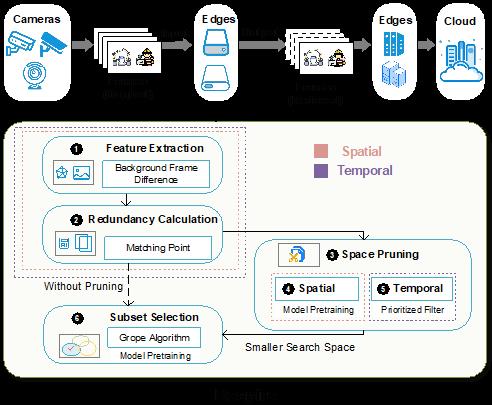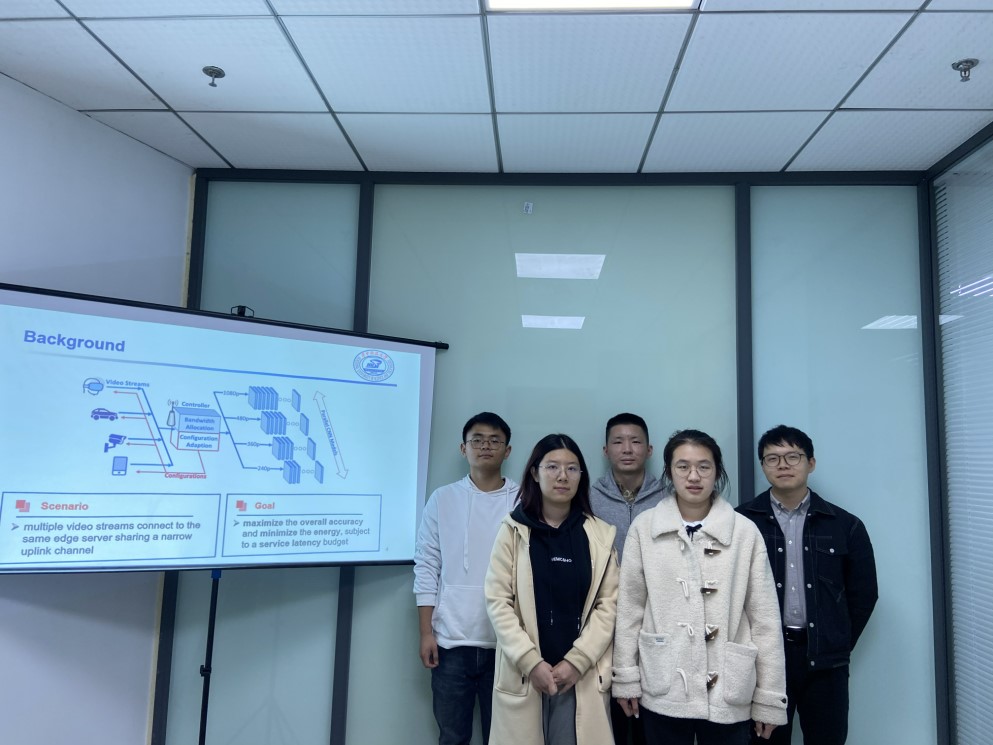Recently, RESPIRE: Reducing Spatial-Temporal Redundancy for Efficient Edge-based Industrial Video Analytics, a paper by an undergraduate student team which is supervised by associate professor Yang Peng, was accepted by IEEE Transactions on Industrial Informatics. The journal with an impact factor of 10.215 is influential in the field of industrial information processing.

The achievement aims at developing the key technology which can promote industrial automation to a higher level: industrial video big data acquisition, transmission and processing , and aims to develop low-delay and high-precision video analysis algorithms to perceive and identify industrial sites through cameras. At present, the transmission and processing of massive data produced by cameras in industrial sites has brought great challenges to network transmission and computing capability. In order to solve this problem, the team proposed an edge-based off-line-online cooperation algorithm which removes spatio-temporal redundant frames of videos, effectively reducing the cost of monitoring video transmission and processing, while retaining key information frames for high-precision analysis. A large number of experiments based on real datasets show that the algorithm can significantly reduce the transmission and processing cost of industrial video big data, but ensure the accuracy of video analysis.

